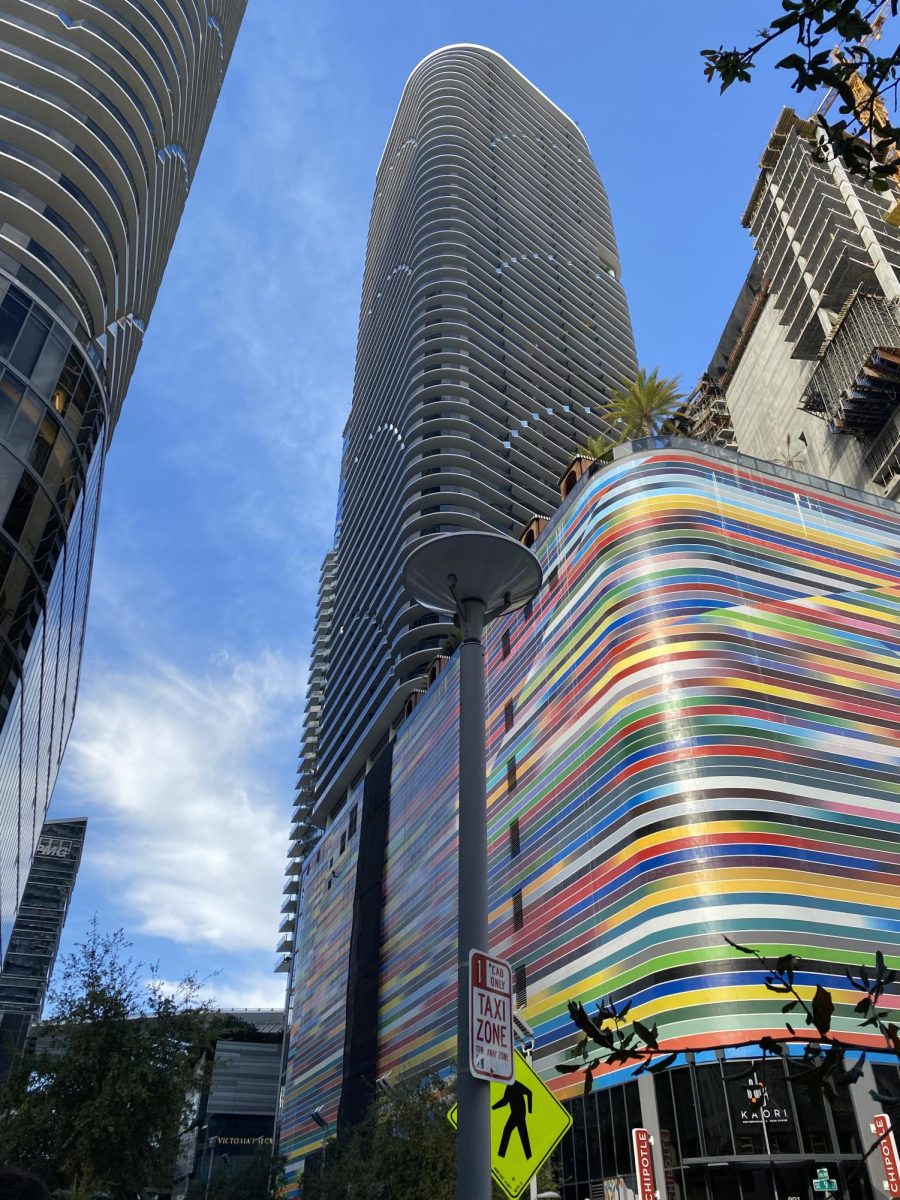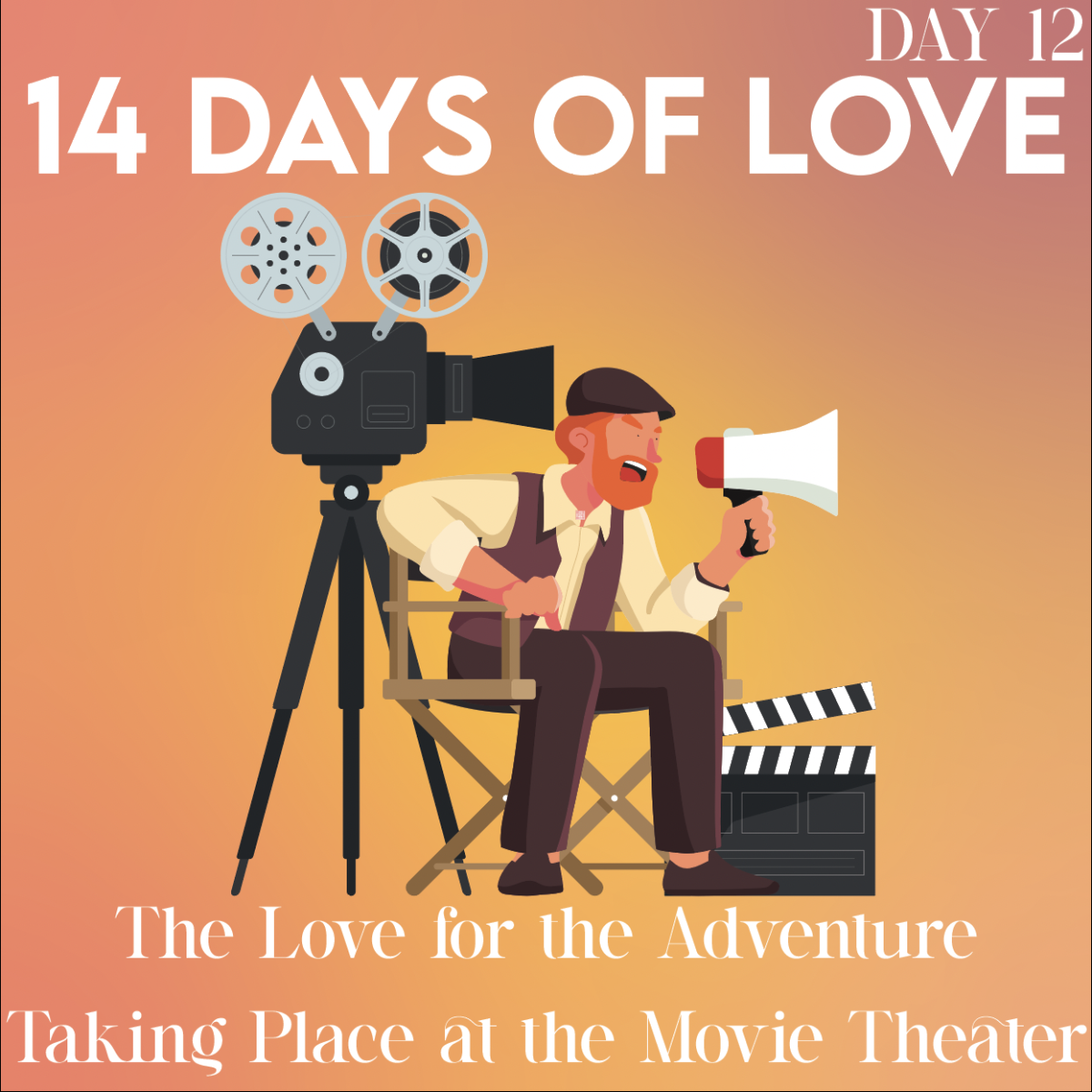Wearing costumes that include pieces of cultures that are not your own without showing understanding or respect for them has become a trend during the Halloween season, a kind of cultural appropriation that has gotten out of hand. Through cultural appropriation, the use of race, religion and cultural traditions as the basis for inappropriate costume themes reflects a prevalent sentiment of ignorance and hate as seen in today’s society.
Costumes have become opportunities for people to turn a person’s identity into a stereotyped image. While students may choose to dress as a famous person or character whose identity is different from their own, they fail to reinforce the importance of not darkening skin or using makeup to change a child’s skin color to match the person they are dressing up as. People become unaware of the people that these costumes may harm.
As you walk through your neighborhood trick-or-treating with friends or look around the room at a Halloween bash, I can guarantee that you have never thought of how you or your peers’ costumes may be offending someone you may not even know. Choices as common as Maui from the Disney movie “Moana” may offend those a part of the Pacific Islander community, as he and his tattoos have a significant meaning to the Polynesian culture.
The tattoos that adorn Maui’s skin are known as Moko, and allow members of the Polynesian culture to distinguish themselves. Moko could signify social status, rank, geographic origin, familial history, courage or power, and serve as a kind of identity card for each person etched into their skin.
Just as I or any other Jewish person would find someone dressing up with kippahs or the star of David around their neck disrespectful, people of Polynesian descent, as well as many other cultures and races, do not want to see what they believe in and value as a culture trivialized in a Halloween costume.
Furthermore, dressing up as a Native American by wearing a headdress or feather is another example of a costume that exploits historical stereotypes and ignores that these symbols are culturally important to Native American tribes. Headdresses have significant meaning to Native American people as it shows their power and the eagle feathers on them are used as a symbol of honor and respect.
Wearing a turban or Arab headdress by non-members of those groups ignores the true significance of these items to Sikh and Arabian cultures. These items of clothing show a sense of respect, and each feather earned shows a position of leadership. When you make traditional wear into costumes, you are not celebrating them as you may think you are. You are actually converting histories of thousands of years into popular trends in the media.
Although most people now understand that wearing blackface to dress as black people is racist, so is wearing dreadlocks or cornrows. Pretending to be a race that you are not draws upon stereotypes. By doing this it collapses distinct cultures, and in doing so, asserts your power over them.
One of the more known traditions on Dia de los Muertos is the painted sugar skulls or calaveras. The skulls are a symbol of courage. Many people, though, who are not of Mexican or Latin descent do not know this and view this tradition as a time to get dressed up. Although Dia de los Muertos skulls have been popularized through Disney’s “Coco,” they are part of a cultural observance in Mexico and might be viewed as making fun of another’s culture or system of beliefs.
A whole other side to this argument resides in the idea of transphobic costumes. Dressing up as the opposite gender may be funny to you and your friends, but I doubt anyone has thought about how those who truly are transgender feel when their identity is your idea of a funny costume. Dressing up that way can be harmful to their self-esteem and confidence and reflect your insensitivity to their feelings. Fortunately, many great costume options do not mock culture, race, gender-identity and the overall mental health of people.
Although Halloween stores should be more thoughtful about what they sell, that does not mean that you should buy these costumes if you are not part of the group that they depict. You must take personal responsibility for the message you are sending to others by your costume. So, when you dress up for Halloween this year, think about how your costume may be viewed by others who are different than you are. It is an important idea to keep in mind every day of the year, but when it comes to Halloween, many people fail to see that they have crossed the line between good-natured costume and cultural appropriation.








